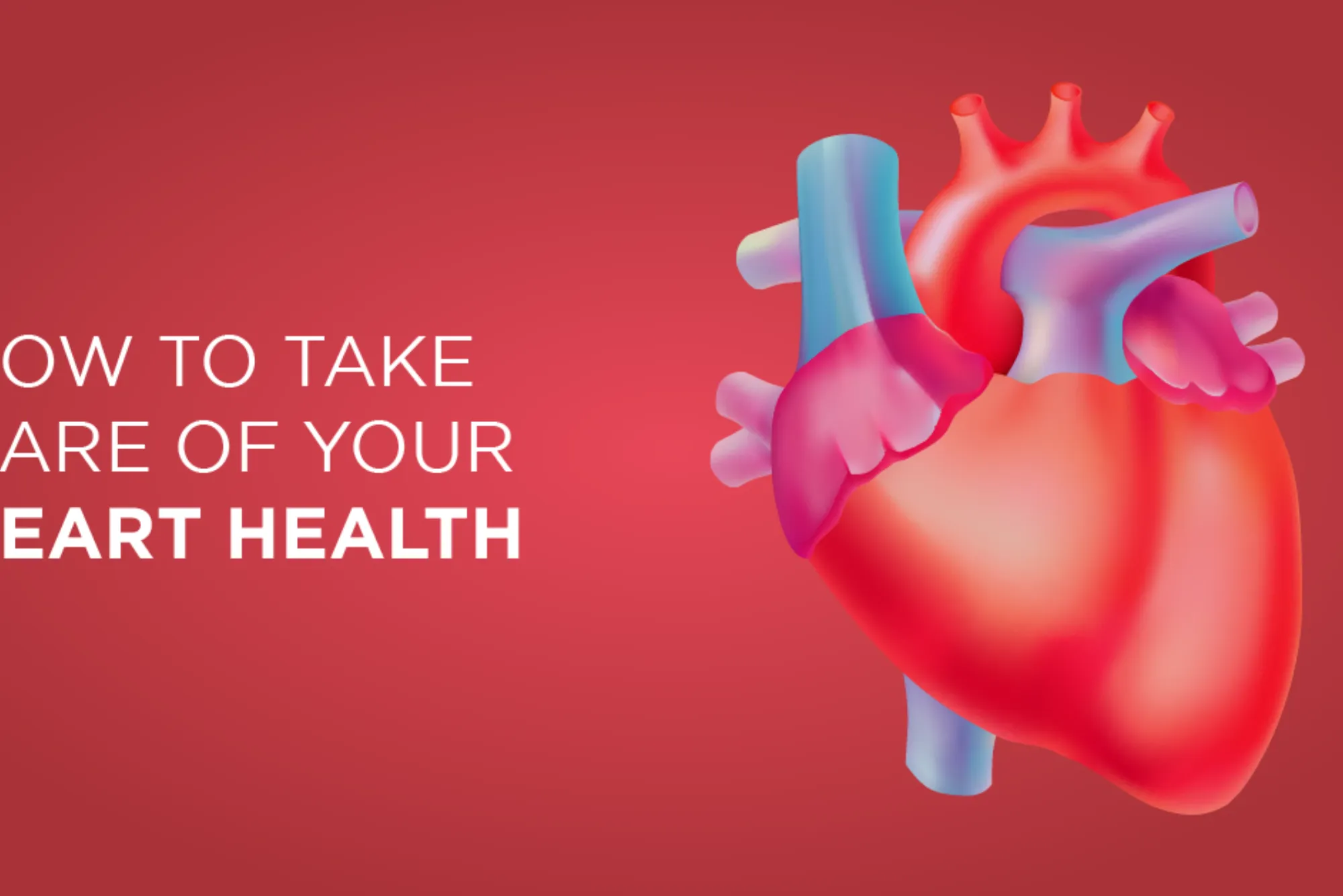Chia seeds are tiny, nutrient-dense seeds derived from the plant Salvia hispanica, native to Mexico and Guatemala. These seeds have been consumed for centuries, valued by ancient civilizations like the Aztecs and Mayans for their energy-boosting properties. Today, chia seeds are popular in health-conscious communities worldwide due to their impressive nutritional benefits and versatility in recipes.
Nutritional Profile of Chia Seeds
Chia seeds are packed with essential nutrients despite their small size. They are particularly known for their high fiber content, which promotes digestion and helps in maintaining a healthy gut. Additionally, chia seeds are rich in Omega-3 fatty acids, which are beneficial for heart health. They also contain protein and essential amino acids, making them a great option for vegetarians and vegans. Other important vitamins and minerals in chia seeds include calcium, magnesium, and phosphorus, which contribute to overall wellness.
Health Benefits of Chia Seeds
Weight Loss Aid
Chia seeds are an excellent aid in weight management. Their high fiber content helps keep you fuller for longer, reducing the urge to snack and aiding in weight control.
Heart Health

The Omega-3 fatty acids in chia seeds help reduce cholesterol levels, promoting a healthier heart and reducing the risk of cardiovascular diseases.
Improved Digestion
Chia seeds’ fiber aids in digestion, helping to prevent constipation and improve overall gut health.
Energy Booster
Chia seeds provide a slow release of energy, which is ideal for those looking for sustained energy levels throughout the day.
Bone Health
Chia seeds are a rich source of calcium and phosphorus, essential for maintaining strong bones and teeth.
Antioxidant Properties
The antioxidants present in chia seeds help fight inflammation and prevent damage caused by free radicals, contributing to overall health and longevity.
How to Use Chia Seeds in Your Diet
Chia seeds can be easily incorporated into a wide variety of meals and snacks.
- Soaked vs. Dry: Soaking chia seeds in water or milk makes them easier to digest and enhances their nutrient absorption. Dry chia seeds can be sprinkled on top of salads or added to baked goods.
- Chia Seed Pudding: A popular way to enjoy chia seeds is by soaking them in milk or a milk substitute overnight to create a delicious, nutrient-packed pudding.
- Smoothies, Oatmeal, and Yogurt: Adding chia seeds to your smoothies, oatmeal, or yogurt is an easy way to boost the fiber and nutrient content of your meals.
- Baking: Chia seeds can be added to muffins, bread, or other baked goods, providing a nutrient boost without altering the flavor.
- Egg Substitute: For vegans, chia seeds mixed with water can be used as an egg replacement in recipes.
Chia Seeds Recipes
Here are some easy ways to enjoy chia seeds in your meals:
- Chia Seed Pudding: Combine 2 tablespoons of chia seeds with 1 cup of almond milk, sweeten with honey or maple syrup, and refrigerate overnight. Add fruit toppings in the morning for a nutritious breakfast.
- Smoothie Recipes: Blend chia seeds into your favorite smoothie for added thickness and nutritional value.
- Energy Bars: Mix chia seeds with nuts, dried fruits, and honey to create homemade energy bars.
- Healthy Salads: Sprinkle chia seeds on your salads for extra crunch and nutritional boost.
Chia Seeds and Weight Loss
Chia seeds have gained popularity as a weight-loss food due to their high fiber content. The seeds absorb liquid and expand in the stomach, helping you feel full for longer periods. Several studies suggest that chia seeds can assist in weight management when combined with a balanced diet and regular exercise. However, chia seeds should be consumed in moderation, as eating too many can lead to digestive issues.
Potential Side Effects of Chia Seeds
Although chia seeds are considered safe for most people, overconsumption can lead to digestive discomfort, such as bloating or constipation due to their high fiber content. Additionally, people with a history of food allergies or sensitivities should introduce chia seeds gradually into their diets. Those on blood-thinning medications should also consult a healthcare provider, as chia seeds contain Omega-3 fatty acids, which may have blood-thinning properties.
Buying and Storing Chia Seeds
When purchasing chia seeds, look for seeds that are organic and free from artificial additives. Store chia seeds in an airtight container in a cool, dark place to maintain their freshness. Chia seeds can last for several months if stored properly.
Frequently Asked Questions About Chia Seeds
Can chia seeds help with weight loss?
Yes, chia seeds are high in fiber, which helps you feel full and satisfied, making them an excellent addition to a weight-loss diet.
How much chia seeds should you eat daily?
The recommended daily intake of chia seeds is about 1-2 tablespoons. Start with a small amount and gradually increase to avoid digestive discomfort.
Do chia seeds need to be soaked before eating?
While chia seeds can be eaten dry, soaking them in liquid before consumption makes them easier to digest and enhances nutrient absorption.
Are there any risks of eating chia seeds?
Chia seeds are generally safe, but overconsumption can lead to digestive issues. Additionally, people with allergies or those on blood-thinning medications should consult their doctor before adding chia seeds to their diet.
Chia seeds are a nutritional powerhouse, offering numerous health benefits ranging from improved digestion and heart health to sustained energy and weight management. Whether you’re looking to boost your overall health or simply add a new ingredient to your meals, chia seeds are a versatile and beneficial choice.
Table: Nutritional Composition of Chia Seeds (per 28 grams/1 ounce)
| Nutrient | Amount |
|---|---|
| Calories | 137 kcal |
| Fiber | 11 grams |
| Protein | 4 grams |
| Omega-3 Fatty Acids | 4.9 grams |
| Calcium | 18% of RDI |
| Magnesium | 30% of RDI |
| Phosphorus | 27% of RDI |
| Antioxidants | High |
:Can chia seeds help with weight loss?
Yes, due to their high fiber content, chia seeds help in controlling appetite and can be part of a weight-loss diet.
How much chia seeds should I eat daily?
It is recommended to consume 1-2 tablespoons of chia seeds per day for optimal benefits.
Do chia seeds need to be soaked before eating?
While soaking chia seeds makes them easier to digest, they can be eaten dry in recipes like smoothies or salads.
Are there any risks of consuming chia seeds?
Overeating chia seeds can lead to digestive discomfort, and individuals on blood-thinning medications should consult with a healthcare provider before adding them to their diet.










